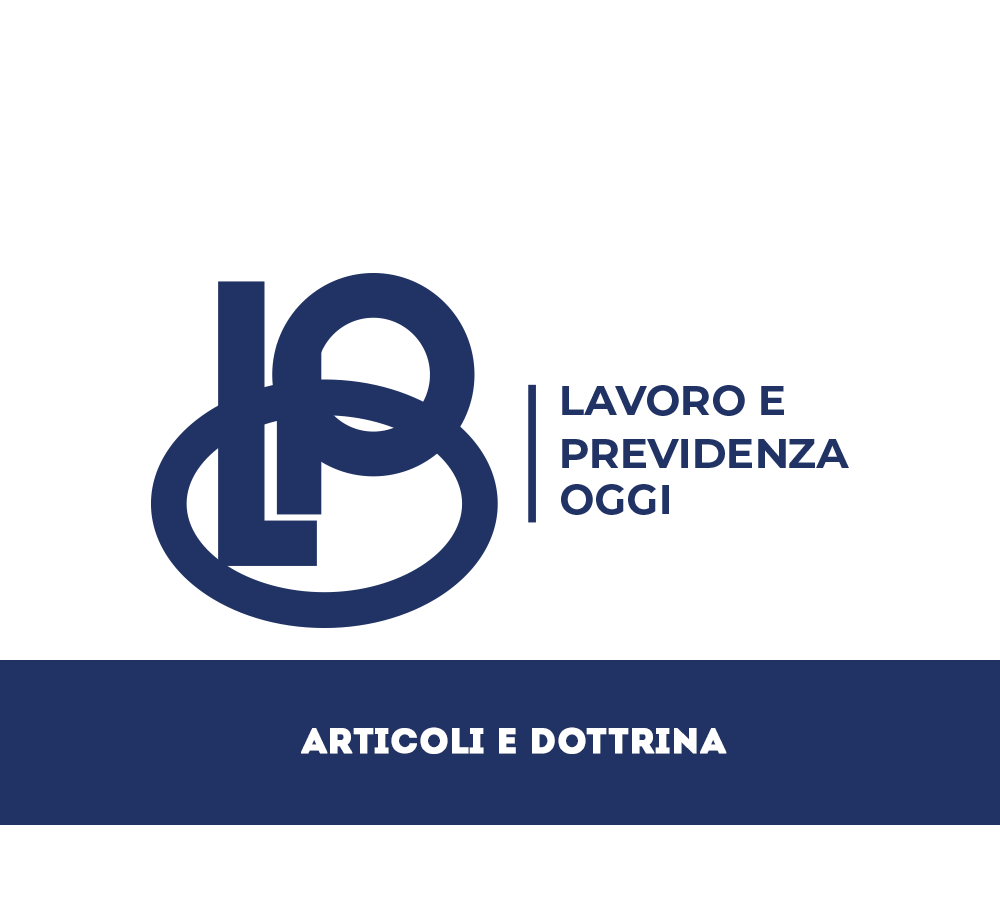Intelligenza artificiale e lavoro

di Cinzia De Marco
Abstract
Il saggio analizza l’impatto dell’intelligenza artificiale (IA) sul mercato del lavoro, mettendo in evidenza rischi ed opportunità. Si confrontano due impostazioni contrapposte: una positiva, che valorizza il potenziale dell’IA nel migliorare produttività e inclusività, e una negativa che teorizza una massiva sostituzione dei lavoratori, soprattutto in mansioni ripetitive e altamente specializzate. In questo contesto, il Regolamento Europeo sull’IA (AI Act) è analizzato come esempio di un quadro normativo che mira a bilanciare innovazione tecnologica e diritti fondamentali, ma in cui sono presenti limiti alla protezione dei lavoratori, come nel caso del ridotto coinvolgimento delle organizzazioni sindacali. In ogni caso la sua adozione implica la necessità di una più efficace armonizzare della normativa nazionale con quella europea, al fine di evitare sovrapposizioni e frammentazioni regolative.
The essay analyzes the impact of artificial intelligence (AI) on the labour market, with a focus on the risks and opportunities presented. Two opposing approaches are compared: a positive one that enhances the potential of AI in improving productivity and inclusiveness; and a negative one that theorizes a substantial replacement of workers, particularly in repetitive and highly specialized tasks. The European AI Regulation (AI Act) is then analyzed as an example of a regulatory framework that aims to balance technological innovation and fundamental rights, but in which there are limits to workers’ protection, such as the reduced involvement of trade unions. Finally, the essay focuses on the need for the harmonization of national legislation with European legislation in order to avoid regulatory overlaps and fragmentation.

